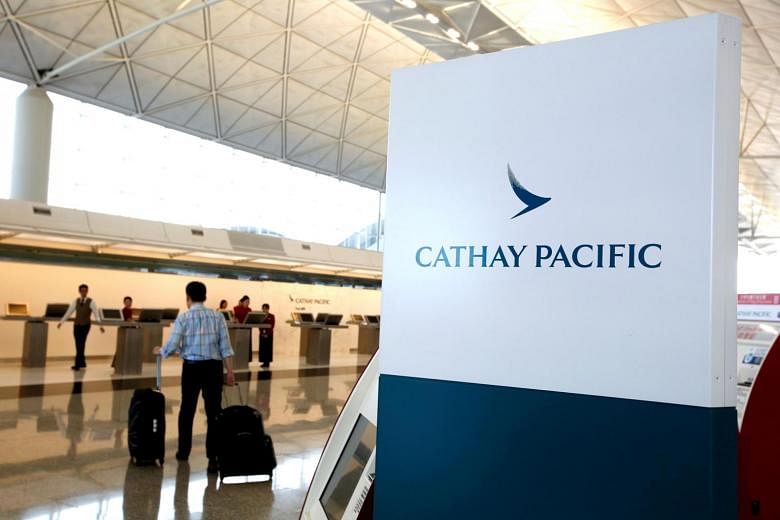HONG KONG (BLOOMBERG) - A Hong Kong government advisory panel suggested the city could shorten hotel quarantine periods for some fully vaccinated inbound passengers, in what would mark an easing of some of the world's strictest Covid-19 restrictions for travellers.
Inoculated people who have tested negative for the virus and are coming from countries not classified as "high risk" should qualify for a seven-day hotel quarantine, Professor David Hui, a member of the government's scientific committee, said at a briefing on Wednesday evening (June 9).
The proposed exemption would require a positive antibody test result conducted in Hong Kong after arrival, he said.
"The purpose of checking the antibody is to show evidence of response to vaccination," the panel said. It added that if the serology test result is negative, the shortening of the quarantine period cannot be considered.
Travellers would still be required to self-monitor for another week after the seven-day quarantine at a designated hotel, Prof Hui said. Covid-19 tests will be administered more frequently, potentially every two to three days, he said.
The panel did not give a timeframe for when such a proposal might be approved.
Dr Ronald Lam, controller of Hong Kong's Centre for Health Protection, said the government would examine the recommendations.
The majority of people arriving in Hong Kong must currently isolate in a hotel for 14 or 21 days upon arrival. Only fully vaccinated Covid-19-negative travellers coming from "low risk" countries, including Australia and New Zealand, can qualify for a seven-day hotel quarantine.
Under current classifications, countries with significant numbers of Hong Kong expatriates, such as the United States, Britain and Canada, are still labelled "high risk". The government last month adopted a previous recommendation by the panel to ease quarantine for residents who are close contacts of people infected with Covid-19.
A shortening of quarantine periods would come amid pushback from Hong Kong's large expatriate community and residents who travel internationally, who are required to pay for weeks of hotel stays and undergo multiple tests in order to travel to and from the city - even if they have had their shots.
The move would also ease pressure on the hotels designated for quarantine, some of which are backlogged amid summer holidays.
The average booking rate at participating hotels for the first 30 days of a cycle beginning June 20 is around 90 per cent, Hong Kong's Food and Health Bureau said on Thursday.
The city last month said vaccinated senior executives from about 500 companies would be able to seek permission to travel in and out of Hong Kong without needing to follow the current quarantine periods, drawing backlash from residents who called the move elitist.
Hong Kong's attempts to reopen its border and fully reopen its economy have been slowed by widespread vaccine hesitancy, fuelled by fear of rare side effects and distrust in the Beijing-backed government.
To counter the scepticism, the authorities and the local business community have looked to incentivise inoculations, with the government easing some of its onerous social distancing restrictions and companies offering prizes to vaccinated people that include everything from shopping vouchers to gold bars.
The city's vaccination rate has been steadily increasing in recent weeks, with about 15.1 per cent of Hong Kong's population fully vaccinated, according to Bloomberg's Vaccine Tracker. The government will also open vaccinations for children ages 12 and older within the month. Still, the rate lags behind competing finance capitals like Singapore and London.
The panel said passengers considered for shorter quarantine should be vaccinated with jabs developed by Pfizer-BioNTech and China's Sinovac Biotech, which are in use in Hong Kong.
Inoculations recognised by the World Health Organisation or China's National Medical Products Administration would also be accepted, and it suggested that Russia's Sputnik V also be considered.











